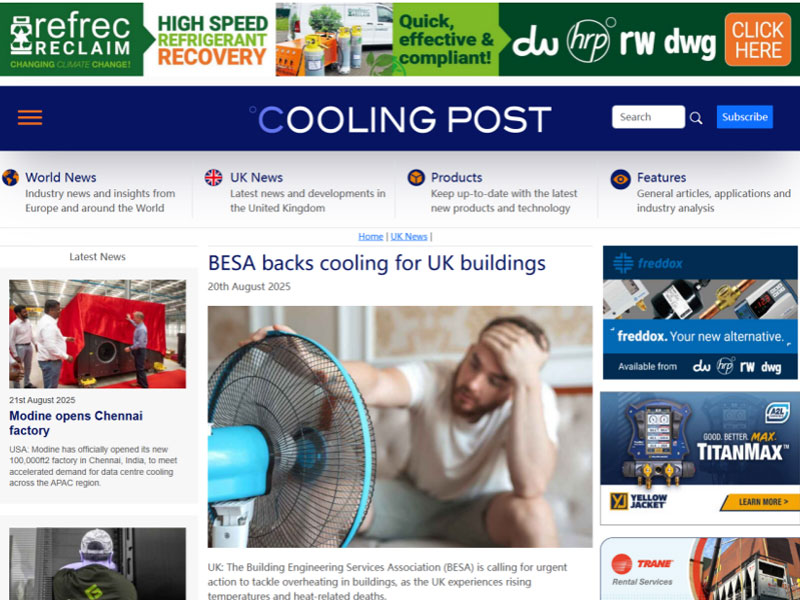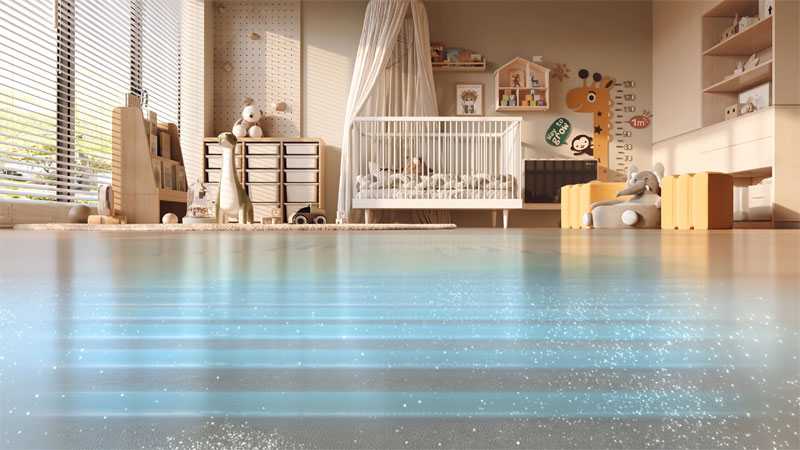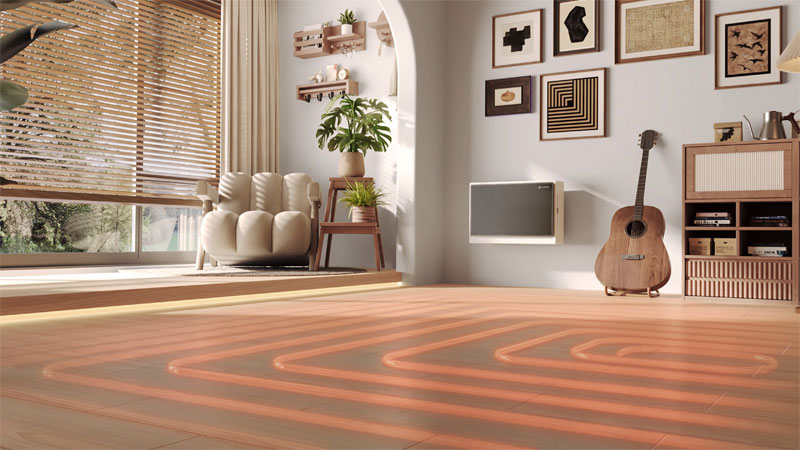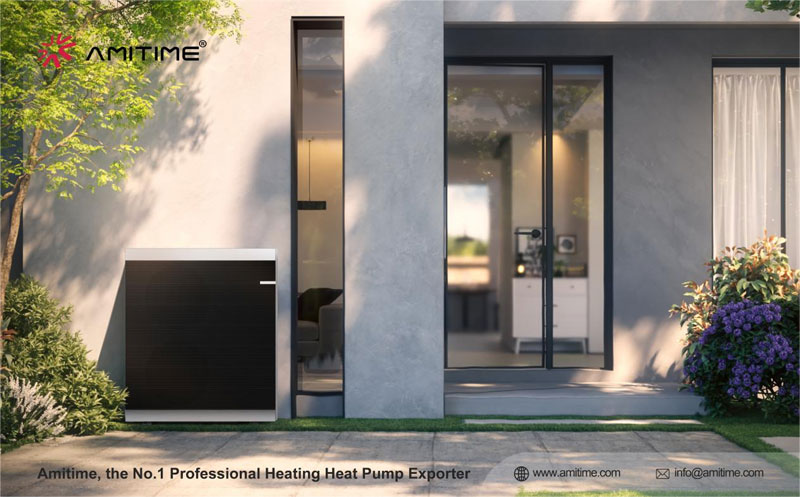As the UK accelerates its energy transition and carbon reduction goals, heat pump technology is undoubtedly one of the key pillars of this effort. As a core subsidy policy of the UK government, the Boiler Upgrade Scheme (BUS) is guiding an increasing number of households and buildings toward clean heating solutions. However, this policy has significant limitations: its subsidy scope does not cover “air-source heat pumps with cooling functionality.” This means that while heat pumps inherently possess both heating and cooling capabilities, consumers often face additional investment costs when seeking a cool environment during summer. This policy gap is increasingly out of sync with market demand, presenting the industry with a significant opportunity to address it.

In the context of the ongoing global warming trend, the demand for cooling is no longer optional but has become a critical necessity that countries like the UK must address in the coming decades. Data shows that the frequency of extreme heatwaves during summer in the UK has been increasing year by year, and the public's pursuit of comfortable and healthy living environments is accelerating. From commercial buildings to residential properties, and from public buildings to healthcare facilities, the importance of cooling functionality is becoming increasingly evident. Rather than having consumers install separate air conditioning systems, which increase energy consumption and maintenance costs, it is more efficient to leverage the bidirectional characteristics of heat pump technology to meet both winter heating and summer cooling needs within the same system, thereby achieving higher energy efficiency ratios and investment returns.
It is against this backdrop that the British Engineering Services Association (BESA) has recently called on the government to incorporate “cooling” as a key component of its heat pump subsidy policy in future policy-making. BESA's recommendations not only help accelerate the decarbonization efforts of the construction industry but also align with the long-term needs of addressing extreme weather conditions and ensuring healthy and comfortable living environments. For businesses, the implementation of such policy initiatives would directly open up new growth opportunities for heat pump products with cooling functionality. However, before such policies are fully implemented, another more advantageous solution in the market is quietly emerging as a promising development opportunity.
The space cooler system is a prime example of such a solution. Unlike air-to-air heat pumps, space cooler are designed to perfectly align with the subsidy criteria of the BUS program while also providing summer cooling services to end-users. In other words, consumers who choose space cooler can enjoy the investment relief provided by government subsidies while also meeting their year-round comfort needs. This addresses the current contradiction between policy support and market demand for air-to-air heat pumps. For a market like the UK, where summer cooling demand is increasing but policy subsidies are not yet clearly defined, space cooler heat pumps are undoubtedly the more cost-effective choice.

As a company deeply rooted in the global heat pump market, AMITIME has long been monitoring policy trends and changes in user demand in the European region. In the UK market, AMITIME's space cooler products have gained increasing recognition from customers due to their efficient and stable performance and integrated design philosophy. The product performs exceptionally well in cooling mode, providing a comfortable and cool indoor environment during summer heatwaves; it also efficiently heats during winter, ensuring stable operation throughout the year. This dual functionality not only enhances user experience but also helps customers avoid the additional cost of installing separate cooling equipment while enjoying policy subsidies.
For distributors and installers, promoting space cooler also means having a clearer market selling point. When communicating with end-users, two key advantages can be emphasized: first, space cooler are eligible for BUS government subsidies, reducing initial investment costs; second, space cooler provide both heating and cooling, meeting year-round comfort needs. In contrast, while air-to-air heat pumps also have cooling functionality, they are not eligible for support under current subsidy policies, which becomes a disadvantage during promotion. This contrast highlights the differentiated competitive advantage of space cooler in the UK market.

In the long run, as policies continue to improve, the UK's emphasis on refrigeration functionality will inevitably increase further. However, during the policy transition period, those who can first capitalize on the market's latent demand for refrigeration will gain a competitive edge in the fierce market competition. AMITIME believes that the unique positioning of space cooler not only meets users' actual needs but also helps partners establish a competitive edge in sales and marketing. Through continuous technological optimization and channel support, AMITIME aims to provide the UK market with more valuable heat pump solutions.

Today, the UK is entering a critical window of opportunity for energy transition. The trend toward balancing heating and cooling is irreversible, and the limitations of the BUS policy have highlighted the market's growing demand for integrated solutions. For customers seeking products that combine policy advantages with market demand, space coolers are an ideal choice that balances short-term benefits with long-term value. AMITIME will continue to leverage its professional expertise and comprehensive services to collaborate with partners in driving the development of clean heating and comfortable cooling across the UK and Europe, contributing to a greener and more comfortable future.
best heat pump manufacturer in China
manufacturers of heat pumps in the USA
This is the first one.